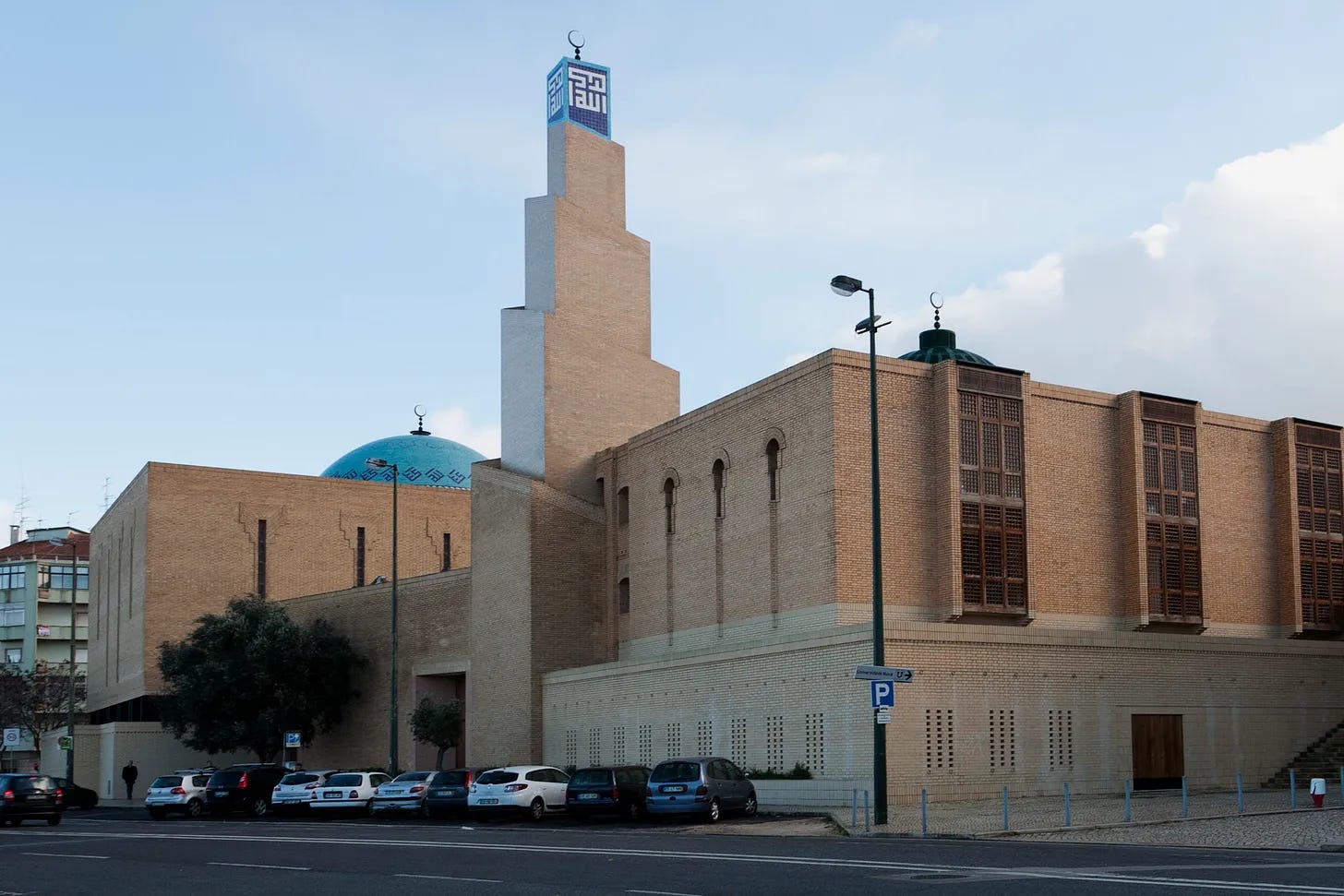How interreligious dialogue got a front-row seat at World Youth Day
While successive popes have been deeply committed to ecumenical and interreligious dialogue, World Youth Day has long been customarily a strictly Catholic affair.
Following in the footsteps of his predecessors, Pope Francis has been deeply committed to ecumenical and interreligious dialogue, as were both Popes St. John Paul II and Benedict XVI.
But while John Paul II was well-known for his interreligious gatherings in Assisi and elsewhere, World …

